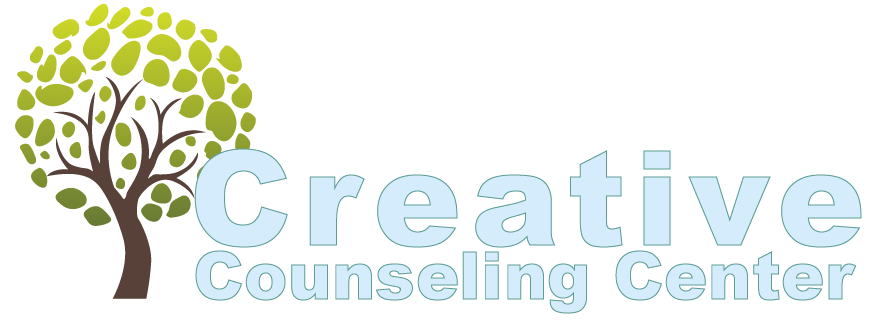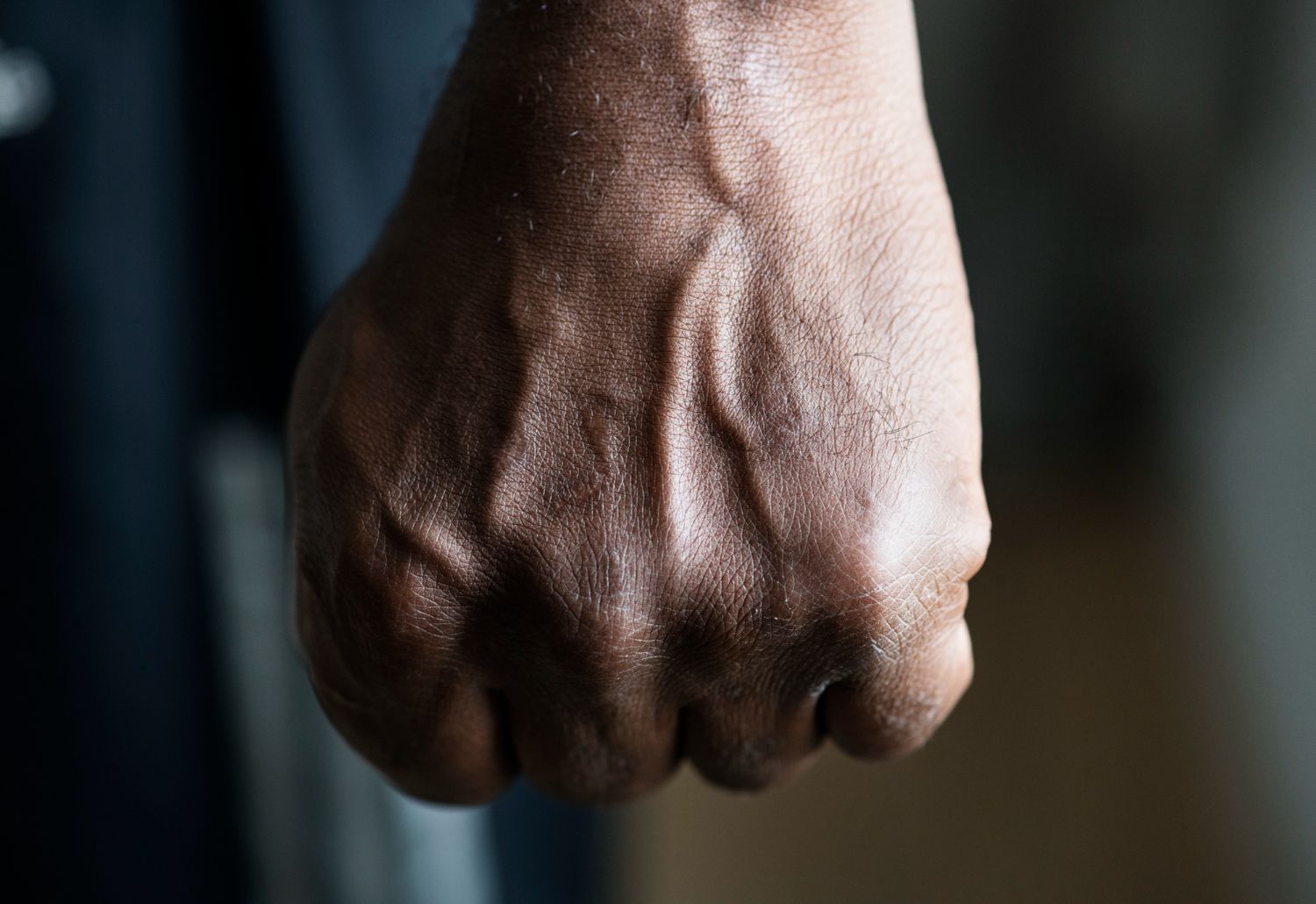5 Signs of Unresolved Childhood Trauma in Adults
Many adults remember childhood with fondness. From family vacations to cozy holidays, childhood dances in many minds as a time of simplicity, joy, and love. But for some, childhood was fraught with neglect, sadness, and even abuse. These traumatic experiences can linger in the psyche, causing problems into adulthood.
So, what is trauma? How can it cause us to struggle later in life? In this article, we define trauma and examine five signs of unresolved childhood trauma in adults.
What is Trauma?
According to the American Psychological Association, trauma is “an emotional response to a terrible event.” The event could be a one-time incident, like a natural disaster, physical attack, or sudden loss of a loved one. But it could also be something that repeatedly happened in the past, such as ongoing neglect, emotional or physical abuse, or being bullied at home or school.
What Are the Signs of Trauma?
Trauma affects everyone differently and can manifest in adulthood in different ways. Here are some of the most common ways childhood trauma can manifest itself in adults:
1. Physical Ailments & Chronic Pain
At first glance, it may seem odd that childhood trauma could cause chronic pain as an adult. But when we understand the connection between chronic stress and long-term physical pain, the relationship makes much more sense.
When our bodies initiate a stress response, our “fight or flight” instinct is triggered. In typical scenarios, our bodies return to a calm state once they feel safe again. But in the case of a person with childhood trauma, the body’s “fight” mode was triggered at the onset of the stressful event but never switched off.
This constant, low-level stress can hum in the background of everyday life, causing chronic overproduction of cortisol and other stress hormones. These excess hormones disrupt your body’s healthy processes. According to the Mayo Clinic , chronic stress puts you at risk of many health problems, including anxiety, depression, digestive issues, headaches, muscle tension, heart disease, sleep difficulties, and weight gain.
2. Chronic Depression
If you struggle with chronic feelings of worthlessness, low motivation, and apathy, the root of these feelings could exist in unresolved trauma. After the initial event occurred, you probably experienced a jumble of negative emotions which you were psychologically unequipped to handle. These unresolved emotions put your body into chronic stress mode, resulting in symptoms like chronic tiredness, inability to sleep, anxiety, and lack of appetite. These symptoms can create a cascade effect in your body, eventually leading to feelings of hopelessness, triggering depression.
3. Addiction
It’s no secret that millions of people in our society struggle with addiction. Pornography, alcohol, drugs, sex, food, and shopping are the most commonly experienced dependencies. Though there are many causes for exhibiting addictive behavior, trauma commonly leads to addiction. Struggling with unresolved trauma, especially from childhood, can lead individuals to self-medicating behaviors. When difficult emotions arise, people often turn toward something to dampen the pain.
4. Fearfulness
Studies show that people experiencing abuse or neglect in childhood are more likely to have a fearful attachment style as adults. If their needs weren’t met as children, these adults show a paradoxical relationship style. Like all human beings, they desire closeness with others. But their childhood trauma leads them to fear intimacy. The result can be a series of dysfunctional relationships, both romantic and non-romantic.
5. Anger
Adults who struggle with anger may have experienced childhood trauma. If you experienced a traumatic childhood, you might have tried to protect yourself with maladaptive emotional responses. Maybe you saw the adults in your world expressing anger in unacceptable ways. Or maybe you feel so much resentment for your childhood as an adult that you have no idea how to process your innermost feelings. Whatever the reason for your anger, finding a healthy way of handling it is vitally important. Inability to control angry outbursts can destroy relationships.
Hope for the Future
If you believe you’re dealing with unresolved childhood trauma, you have options to begin healing. Therapy can help you uncover and process difficult memories, pinpoint and handle negative behaviors caused by the trauma, and clarify underlying beliefs preventing you from growing beyond the trauma.
CONTACT CREATIVE COUNSELING CENTER
It is essential to understand that childhood trauma can be addressed and healed. Our team of adult, family, teen, and child counselors will use a modern, integrative approach to help you move on from a traumatic past. Please call us at (303) 843-6000. Or you can request a FREE Phone Consultation by completing the brief form below. A member of our team will contact you and after a conversation about your circumstance, together we can determine whether our practice and which therapist might be a good fit. If our practice or therapist is not the right fit, we are happy to offer recommendations to other providers in the Denver metro area.
Contact Us
We will get back to you as soon as possible.
Please try again later.

ABOUT THE AUTHOR
Teri Karjala is a Licensed Professional Counselor & Marriage and Family Therapist. She is the founder and Executive Director of Creative Counseling Center, LLC. Working in the field since 1999, Teri and her team of therapists specializes in counseling for those who have experienced trauma. They work with children as young as age 2, as well as teens and adolescents, adults, seniors, families, and couples.
REQUEST A FREE CONSULTATION
If you have questions about counseling, would like to find out if counseling could help you or a loved one, or are interested in learning more about our services, just complete the brief form below to request a Free Phone Consultation. A member of our team will contact you shortly. After a brief conversation, we'll determine together whether our practice is right for you and which therapist may be best suited for your specific circumstance.
Finding the right therapist, one you click with, is less about the therapist's experience and qualifications and more about the therapist's personality. So let's talk. Let us match you with a therapist you have a high likelihood of clicking with.
Fields marked with an * are required.
Contact Us
We will get back to you as soon as possible.
Please try again later.
GET SOCIAL WITH US
CONNECT WITH US
PHONE
EMAIL US
ADDRESS
6021 South Syracuse Way, Suite #216
Greenwood Village, CO 80111
OFFICE HOURS
Monday-Thursday: 8:30am-8pm
Friday: 12pm-5pm
Saturday: 12pm-4pm



